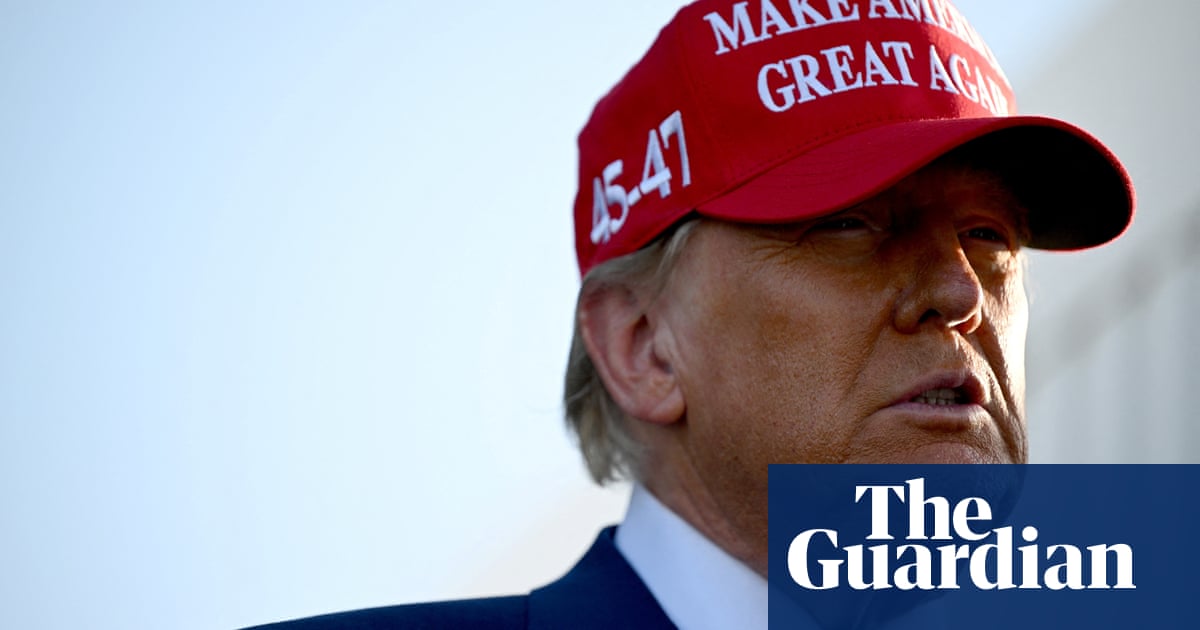President-elect Donald Trump has tapped Tulsi Gabbard to serve as his director of national intelligence, a shock move that would place an intelligence novice some see as sympathetic to Moscow in charge of the country’s $70 billion spy apparatus.
The former Democratic representative from Hawaii quit the party in late 2022 and later became a fixture in conservative media. She endorsed Trump in August, and campaigned for him in the run-up to the November election.
“I know Tulsi will bring the fearless spirit that has defined her illustrious career to our Intelligence Community, championing our Constitutional Rights, and securing Peace through Strength,” Trump said in a statement Wednesday.
The selection of Gabbard is sure to provoke opposition in the Senate. She not only lacks experience in intelligence matters, but has opposed U.S. interventions in Ukraine and Syria — while at times suggesting the U.S. provoked Russia into aggressive policies.
A former member of the Hawaii National Guard, Gabbard, 43, served in Congress as a Democrat from 2013 to 2021, and even launched a failed bid for president in 2020.
Her dovish views on Russia and her criticism of U.S. interventions in the Middle East, most notably in Syria, brought her into conflict with foreign policy leaders in both parties. But it was disputes over core domestic issues — including public health, education and free speech — that led her to quit the Democratic party.
Gabbard’s nomination follows on the heels of another surprise pick of a media personality by Trump: Fox News host Pete Hegseth for Defense Secretary.
Hegseth, Gabbard and some of Trump’s other picks for his national security team share at least two things in common: combat experience in foreign wars — and an anti-establishment streak that Trump allies view as necessary to reforming a wooden federal bureaucracy that has failed everyday Americans.
In her time with the Hawaii National Guard, Gabbard deployed to Kuwait and Iraq, where she has said she built her skepticism of American wars abroad.
In Congress, she adopted a strident brand of anti-interventionism that pushed her to the fringes of Beltway foreign policy.
She opposed U.S. intervention in the Syrian Civil War, and later took a secret trip to meet Syrian dictator Bashar al-Assad, whom she has said “is not the enemy of the United States.”
Shortly after the Russian invasion of Ukraine, she said the war could have been avoided if President Joe Biden and other leaders had guaranteed Kyiv would not become part of NATO. Later, she caused an uproar by suggesting Ukraine housed U.S.-funded bioweapons labs. Gabbard later claimed her comments had been misunderstood, and she was expressing concern about the presence of biolabs handling dangerous pathogens in a warzone.
That an anti-interventionist politician like Gabbard could even be considered to helm the Office of the Director of National Intelligence by the party of Ronald Reagan is a testament to the sway that Trump and his brand of “America First” foreign policy now holds over the GOP.
But it could be a bridge too far in a Senate that is still lined with traditional national security hawks.
The Senate will also have to reckon with Gabbard’s thin resume on intelligence matters. In almost a decade in Congress, she never served on the House Intelligence Committee.
She did serve on the Armed Services, Foreign Affairs and Homeland Security panels.
The Office of the Director of National Intelligence was created in the aftermath of the 9/11 terrorist attacks to stand astride the likes of the CIA, FBI and NSA and ensure that oft-territorial agencies do not let pressing national security threats slip through the cracks between them.
But ODNI has never quite lived up to its name. Though it serves as a central hub for coordinating intelligence, it does not actually send agents, commandos or spy satellites behind enemy lines. That has sometimes handicapped its ability to win bureaucratic fights in Washington.
Despite reporting to the DNI, the chief of the CIA is often viewed as a more powerful spy role. But there are those who believe ODNI could exert significant influence if helmed by the right person.
“The CIA director is the 800-pound gorilla in the room,” said one former senior Trump administration official. “But if someone had juice with the president and really wanted to make it a reform instrument, he or she could have a lot of power.” The individual was granted anonymity to discuss internal thinking about the position.

 German (DE)
German (DE)  English (US)
English (US)  Spanish (ES)
Spanish (ES)  French (FR)
French (FR)  Hindi (IN)
Hindi (IN)  Italian (IT)
Italian (IT)  Russian (RU)
Russian (RU) 























Comments